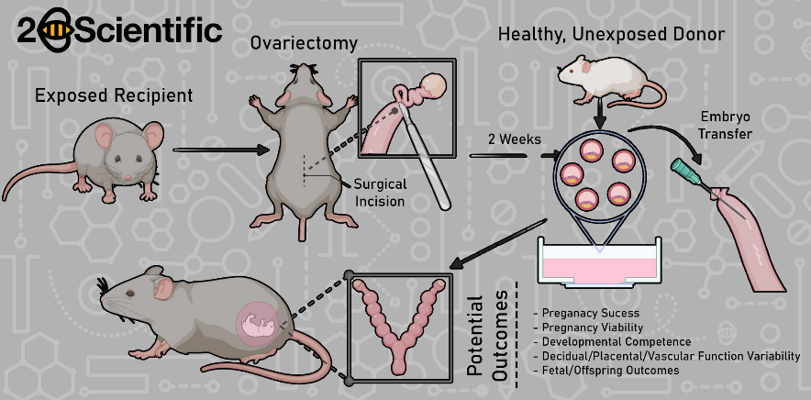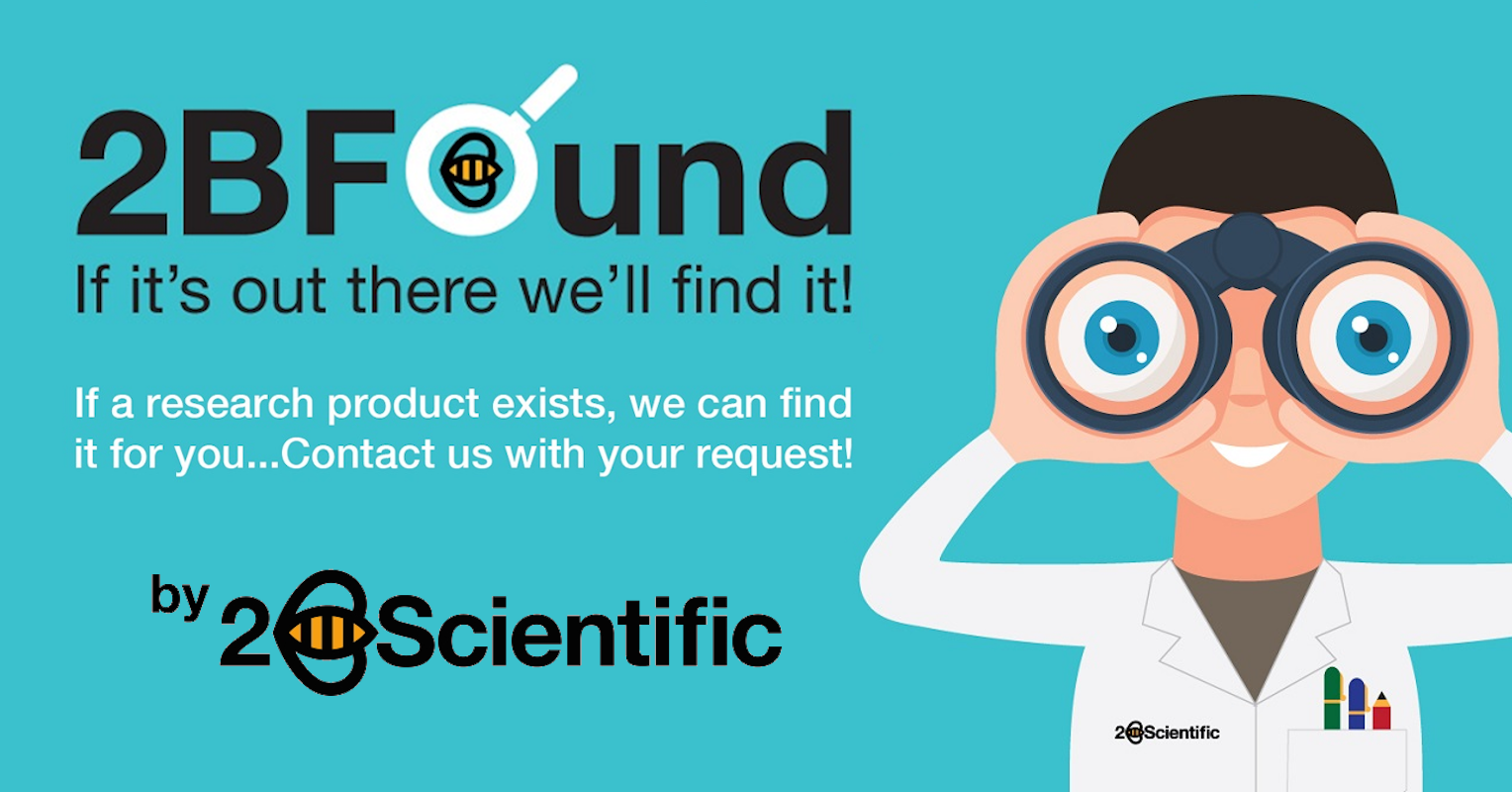Murine In vitro fertilisation
IVF, or In Vitro Fertilisation, is a complex assisted reproductive technology, where the term "in vitro" literally translates to "in glass". This signifies that the fertilisation process takes place outside a body, typically in a laboratory setting.
Murine IVF has revolutionised the field of genetics and developmental biology. It allows researchers to investigate gene functions, study embryonic development, and explore the effects of genetic modifications in a controlled environment. This technique has paved the way for numerous discoveries and insights into human biology and diseases, given the striking similarities between mouse and human genomes.
For researchers, and institutions working in the fields of biology, reproductive biology, genetics, and developmental biology, there is a vast array of applications and research opportunities related to reproduction and genetics. These endeavours have the potential to benefit society greatly and deepen our understanding of both mouse models and disease control and related topics.
Applications of murine IVF and their benefits for research in biology:
The process of murine IVF is quite like the IVF process done within humans:
- Ovarian Stimulation: Female mice are given hormonal treatments to stimulate the production of multiple mature eggs.
- Egg Retrieval: The mature eggs are collected from the female mice using surgical techniques.
- Sperm Collection: Male mice provide sperm through natural mating or by directly obtaining it from the epididymis or testes.
- Fertilisation: In the laboratory, the collected eggs and sperm are combined, allowing fertilisation to occur.
- Embryo Culture: The resulting embryos are cultured under controlled conditions to observe their development.
- Embryo Transfer (optional): Developed embryos can be transferred back into female mice for further study or used for various research purposes.

Advancing Reproductive Medicine: Through IVF research, scientists can improve reproductive medicine by studying factors affecting fertility, embryo development, and successful pregnancy outcomes. This knowledge can lead to better treatment options for couples struggling with infertility.
Preventing Genetic Disorders: IVF allows for preimplantation genetic testing, enabling the identification of genetic abnormalities in embryos. This technology helps prevent the transmission of certain genetic diseases and improves the chances of healthy offspring.
Studying Epigenetics: IVF offers a platform to investigate epigenetic changes (heritable changes in gene expression) that might occur during the early stages of embryonic development. Understanding epigenetic mechanisms can shed light on how environmental factors influence gene expression and disease susceptibility.
Modelling Diseases: By generating transgenic mice or using gene-editing techniques, researchers can create animal models of human diseases. These models serve as valuable tools to study disease mechanisms and develop potential therapies.
Unravelling Developmental Biology: IVF allows precise control over embryo development stages, enabling researchers to investigate the molecular and cellular events during embryogenesis. This knowledge contributes to our understanding of fundamental biological processes.
Stem Cell Research and Regenerative Medicine: IVF-derived embryos are a source of pluripotent stem cells, which have significant implications in regenerative medicine and tissue engineering.
Understanding Infertility Causes: IVF research offers insights into the causes of infertility, leading to the development of targeted treatments for specific reproductive issues.
| Hormones and Supplements | ||
|---|---|---|
| Pregnant Mare Serum Gonadotrophin (PMSG) | Induces superovulation in female mice to obtain a higher number of oocytes. | |
| Human Chorionic Gonadotropin (hCG) | Induces the final stages of oocyte maturation, preparing them for fertilisation. | |
| Bovine Serum Albumin (BSA) | Often added to the IVF medium to provide nutrients and protect the oocytes and embryos. | |
| Gentamicin or Penicillin-Streptomycin | Antibiotics used to prevent contamination during the procedure. | |
| Media | ||
| IVF Medium | A specialised culture medium designed to support the maturation and fertilisation of oocytes. | |
| KSOM Medium | Potassium Simplex Optimised Medium for embryo culture. | |
 | Cosmo Bio offers and extensive selection of premium products catering to the field of in vitro fertilisation (IVF). Their product line encompasses a wide range of high-quality items specifically designed for use in IVF procedures. | |
| Cosmo Bio Mouse and Rat IVF Reagents | ||
| R18S3 (Medium for Mouse Sperm Cryopreservation) | M2 (Embryo Manipulation) | DAP213 (Embryo Vitrification) |
| HTF (Human Tubal Fluid) | mWM (modified Whitten's Medium) | 0.25M Sucrose (Embryo Thawing) |
| KSOM (Potassium Simplex Optimised Media) | 1M DMSO (Embryo Vitrification) | PB1 (in vitro culture of Mouse or Rat Embryos) |
| Cosmo Bio brand reagents are produced and packaged in Japan under ISO9001 global quality management standards. All reagents are sealed in glass ampoules and stored at 4 degrees centigrade with shelf lives of at least one year from the date of manufacture. | ||
